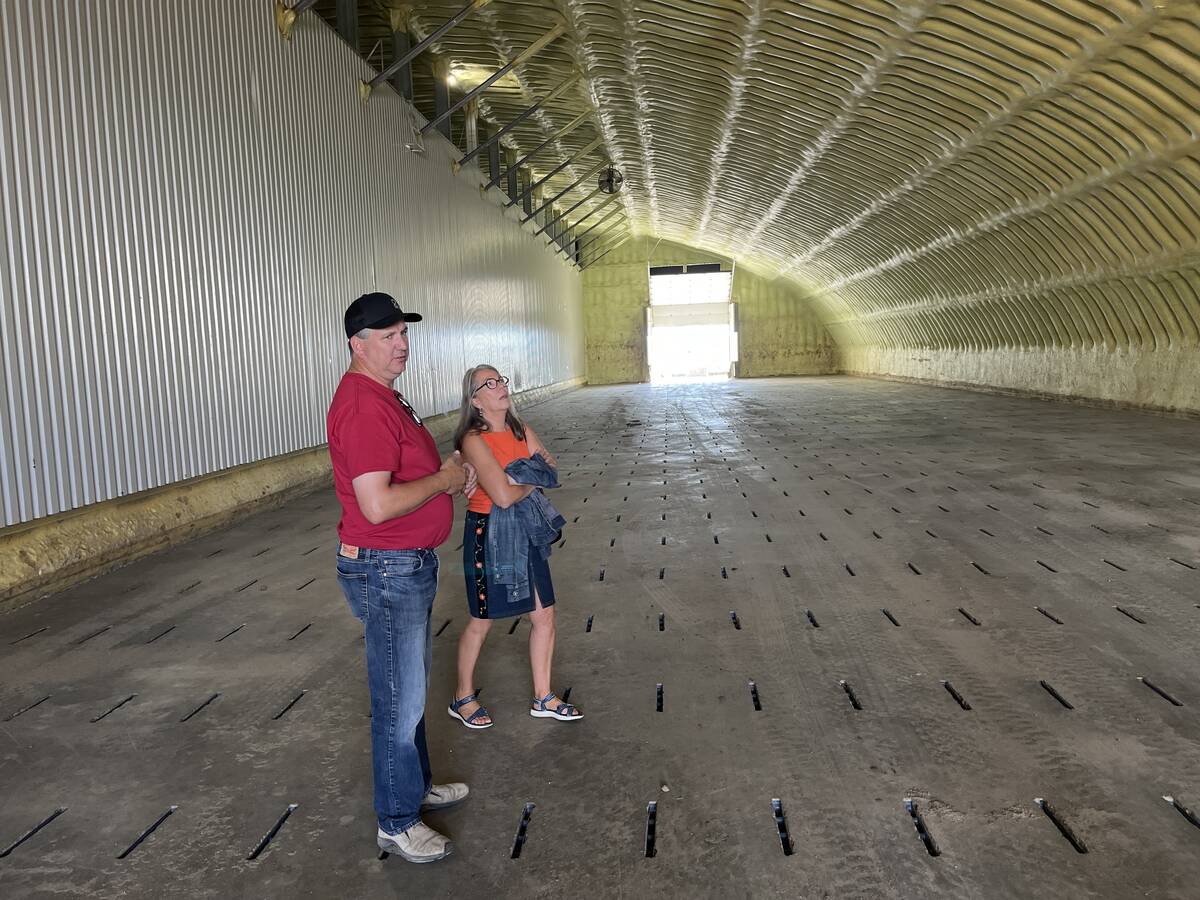Fifteen prairie farmers filed a statement of claim in a Regina court last week seeking $2 million each in damages from the federal government for malicious prosecution.
The 15 are among 22 farmers who last May had their convictions for illegally exporting grain to the United States in 1996 overturned or new trials ordered.
Art Mainil, a spokesperson for the plaintiffs, said they are seeking exemplary and punitive damages because the federal government prosecuted cases it knew it couldn’t win.
They were charged in March 1996 with failing to report in writing to Canada Customs as they trucked wheat and barley across the U.S. border.
Read Also

Potato farm requires year-round management
The most recent Open Farm Day in Alberta showcased agricultural producers across the province educating the general public about the process that is required is to get food to their table.
Mainil said it wasn’t until two months later that then-Canadian Wheat Board minister Ralph Goodale closed a loophole in the law to require that an export licence be produced, but the government proceeded with trials anyway.
“The biggest thing is this is wrong,” Mainil said. “They knew they were wrong all along.”
A statement of claim contains unsubstantiated allegations filed by complainants to initiate a lawsuit.
The government has 30 days to file its statement of defence.
The statement of claim said the government acted “with arrogance and malice aforethought thereby causing the plaintiffs to suffer these unlawful prosecutions for in excess of 10 years.”
It said the charges caused the farmers “long-term mental anguish, emotional pain, character defamation, abusive stress and financial hardship to the family members, that included the illegal seizure of money, grain trucks and personal property.”
Mainil said farmers have to take a stand or it could happen to someone else.
“We have a big obligation to make people aware of this,” he said.
As many of them did throughout the 10-year court process, the farmers are pursuing the claim without a lawyer.
“We know the subject better than any lawyer,” Mainil said.

















